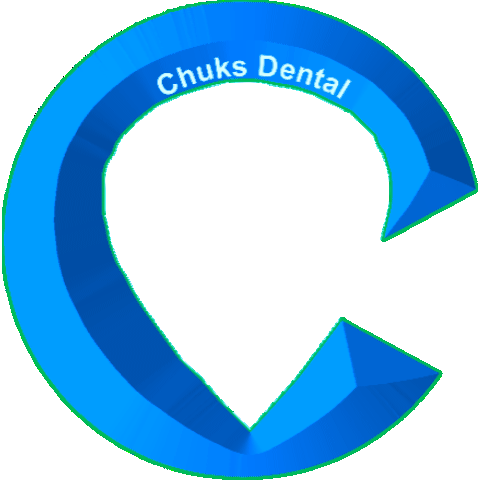- How often should I visit the dentist for checkups?
We recommend visiting the dentist every 6 months for a routine examination and cleaning. However, patients with gum disease, braces, or chronic conditions may need more frequent visits.
- What is the correct way to brush my teeth?
Use a soft-bristled toothbrush and fluoride toothpaste.
Brush twice a day for 2 minutes each time.
Use gentle, circular motions.
Don’t forget to brush your tongue and the back teeth.
- Is flossing really necessary?
Yes! Brushing only cleans about 60% of your teeth. Flossing removes plaque and food between teeth where your brush can’t reach—helping prevent gum disease and cavities.
- What causes gum bleeding during brushing?
Bleeding gums are often a sign of gingivitis (early gum disease). It may also result from brushing too hard or using a hard toothbrush. Schedule a dental checkup if bleeding persists.
- What foods should I avoid for good oral health?
Limit:
Sugary snacks and drinks (especially sodas and candy)
Acidic foods (like citrus, vinegar-based items)
Sticky foods (like dried fruit or toffee)
Drink water after meals and brush 30 minutes after consuming acidic food.
- What age should my child start seeing the dentist?
Your child should visit the dentist by their first birthday or within 6 months of their first tooth erupting.
- What is fluoride and why is it important?
Fluoride is a natural mineral that strengthens tooth enamel and helps prevent decay. It’s found in toothpaste and some mouth rinses. Your dentist may apply fluoride during cleanings for added protection.
- Is it safe to whiten my teeth?
Yes—if done professionally. At Chuks Dental Clinic, we offer safe and effective whitening options tailored to your teeth and sensitivity level.
- How can I keep my breath fresh?
Brush and floss daily
Clean your tongue
Stay hydrated
Avoid smoking
Regular dental cleanings and checkups
- What should I do in case of a dental emergency?
Call us immediately. We handle emergencies such as:
Toothache
Knocked-out or broken tooth
Lost filling or crown
Gum swelling or bleeding
